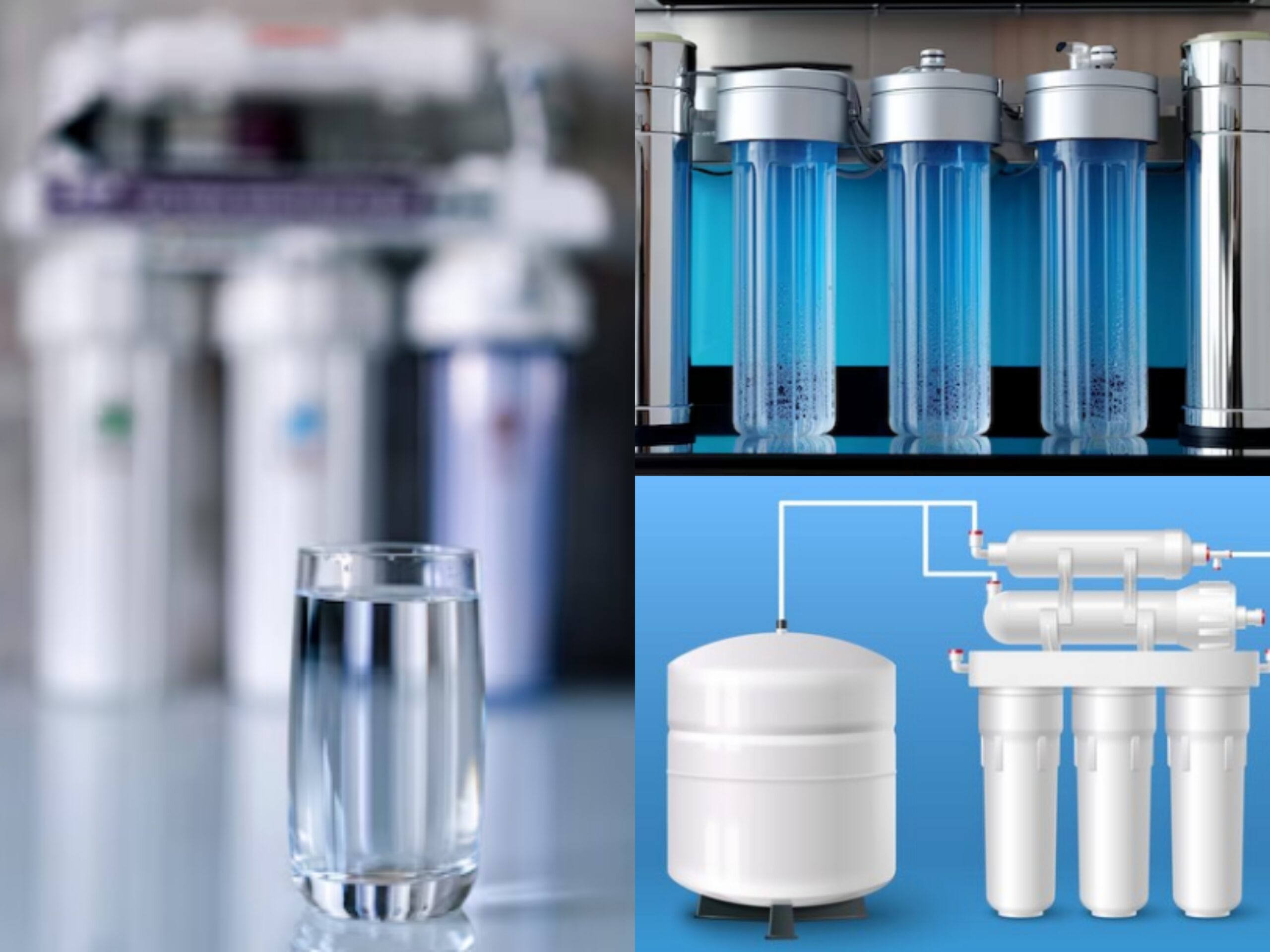-

Understanding Total Alkalinity: A Comprehensive Guide to Water Testing and Quality
Water testing is a vital process for evaluating the safety, quality, and functionality of water, whether it’s used for drinking, recreation, or industrial purposes. Among the most important parameters measured is total alkalinity, which provides insight into a water sample’s ability to resist pH fluctuations. This buffering capacity plays a crucial role in maintaining water…
-

The Critical Role of Water Testing in Ensuring High Purity Water for Technological Advancements
As technology rapidly advances, the significance of water testing becomes increasingly evident in ensuring the purity required for manufacturing high-tech products. High purity water, also called ultrapure water, is essential in the production of microelectronics, which are the core components found in devices such as smartphones, computers, and vehicles. Water and electronics may seem unrelated,…
-

How Water Testing Guides the Selection of the Ideal Water Purification System For Home
Water is a fundamental resource that sustains life, playing an essential role in daily activities such as drinking, cooking, cleaning, and personal hygiene. However, Water quality can vary greatly depending on its source. Tap water may contain harmful contaminants like bacteria, chemicals, heavy metals, and sediments, which can negatively affect your health and well-being. To…
-

The Critical Role of Soil and Water Testing in Climate-Smart Agriculture (CSA) for Addressing Food Security and Climate Change
In the face of climate change, agriculture has become a central focus for adaptation and mitigation efforts. Climate Smart Agriculture (CSA) seeks to enhance agricultural systems by making them more resilient to global warming’s effects. To achieve this, CSA integrates modern technologies and traditional practices aimed at sustainable farming. Climate change and food insecurity are…
-

The Importance of Wire Mesh in Modern Water Filtration and Testing
The growing global demand for clean water has made water filtration and testing more essential than ever. Whether for large-scale industrial operations or home water purification systems, maintaining water quality and safety is a top priority. Among the various technologies used for water treatment, wire mesh has emerged as a crucial component. It provides effective,…
-

The Sewage Infrastructure Crisis and the Importance of Water Testing in Urban Areas
Urbanization has significantly accelerated in recent years, with cities expanding at a rapid pace. As populations in urban areas continue to rise, the demand for clean water and efficient sewage systems becomes increasingly critical. However, many cities around the world are facing a growing crisis in sewage infrastructure. This crisis poses severe challenges to public…
-

Water Testing and Eco-Friendly Solutions for Sustainable Water Management
Water scarcity is becoming a global issue, and ensuring sustainable water treatment is essential to managing this challenge. With environmental concerns growing due to climate change, it’s crucial to find ways to clean and manage water resources in an eco-friendly manner. Sustainable water treatment refers to practices that effectively purify water while minimizing harm to…
-

Water Testing in Urban vs. Rural Areas: The Disparities and Solutions
Water testing is a critical aspect of ensuring safe drinking water, safeguarding public health, and preserving ecosystems. However, when comparing water testing in urban and rural areas, distinct challenges arise due to differences in infrastructure, resource allocation, and the types of contaminants present. Understanding these disparities is essential for addressing water quality issues and ensuring…
-

How Water Testing Can Help Save Water: Practical Tips for Conservation at Home and Outdoors
Water conservation is becoming more vital, as recent reports show that 80% of water utility operators expect shortages in the future. The average urban Indian consumes approximately 150 liters of water daily. Research indicates that Indian households waste over 45 liters of water per person each day. With climate change and shifting rainfall patterns, the…
-

Why Water Testing is Essential for Safe and Sustainable Oil and Gas Operations: Addressing Challenges and Ensuring Environmental Protection
Water is a fundamental resource in the oil and gas industry, influencing key stages of exploration, extraction, refining, and transportation. However, its management has become increasingly complex due to its involvement in industrial processes and the significant environmental impact it can have if not properly controlled. Water testing has become a critical practice within the…
